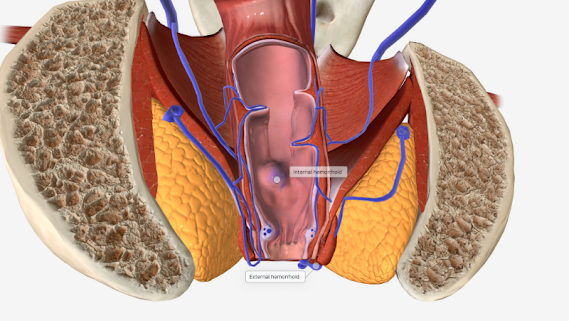What is the Best Treatment for Curing Piles?
Piles, also known as hemorrhoids, are swollen blood vessels in the anal region that may cause pain, discomfort, itching, and bleeding. The reasons for piles are many, ranging from prolonged sitting, constipation, pregnancy, obesity, to low-fiber diets. While piles is a common condition, timely treatment is important to prevent complications and improve quality of life. If you are looking for Piles Treatment in Noida, this blog will guide you through the best options available.
Types of Piles and Symptoms
Piles can be classified into two categories:
1. Internal Piles: Internal piles are found inside the rectum. This can also cause painless bleeding following a bowel movement.
2. External Piles: External piles are visible under the skin near the anus and can be painful and itchy and may also cause lumps.
Common symptoms of piles include:
Pain or discomfort during bowel movements.
Itching or irritation around the anus.
Swelling or lumps near the anal opening.
Bleeding, especially during bowel movements.
The severity and type of piles a person has determines the possible treatment. Among the best treatments in the piles clinic in Noida are the following:
1. Lifestyle and Dietary Modification: These changes include increasing the fiber and hydration intake and avoiding straining during bowel movements. It can alleviate symptoms and prevent flare-ups. Workouts can also be helpful, which will further help in improving digestion and preventing constipation. In severe cases, the healthcare provider might prescribe medications, procedures, or surgery.
2. Topical and OTC Medications: In the management of the patient, considerable use is made of creams, ointments, and suppositories to alleviate pain, inflammation, and itching. These treatments offer temporary relief but address nothing central.
3. Minimally Invasive Procedures: Moderate to severe piles are very effectively treated with minimally invasive approaches:
Rubber Band Ligation: This is where the bottom part of the hemorrhoid is tied off, cutting off its blood supply.
Sclerotherapy: A chemical solution injected to try to shrink the piles.
Infrared Coagulation: This uses heat to coagulate the blood vessels, causing the piles to shrink.
4. Surgical Treatments: If the hemorrhoids are more severe, then surgical treatments have to be carried out. Hemorrhoiddectomy is one of the surgical treatments in which hemorrhoids are surgically removed. Stapled hemorrhoidopexy is another surgical procedure wherein a stapling device is used for the removal of excess tissue as well as the remaining tissue is maneuvered back into place.
5. Ayurvedic and Natural Remedies: Most patients feel relief from piles with Ayurvedic therapies and natural treatments that aim to balance the doshas of the body. These remedies include herbal supplements, dietary changes, and lifestyle modifications to help manage symptoms and prevent recurrence. A benefit of opting for ayurvedic remedies is that they have no side effects on one’s body.
Frequently Asked Questions
Q1. Can piles be treated without surgery?
A1. Yes, piles of mild and moderate grade can be treated through diet and medications along with minimum invasive procedures.
Q2. At what point do I require piles surgery?
A2. If the symptoms didn't recover with the help of medicines, and in case of severe pain and bleeding, one requires surgery.
Q3. Is a piles treatment safe during pregnancy?
A3. Yes, a piles treatment is safe during pregnancy. If you require a female specialist, you can get some comfort and reassurance from a Lady Doctor for Piles in Noida.




Comments
Post a Comment